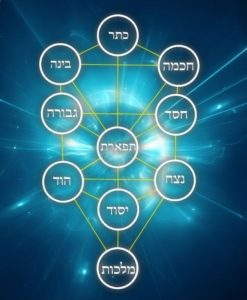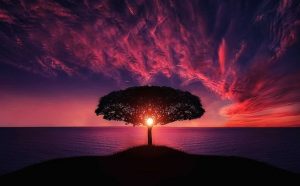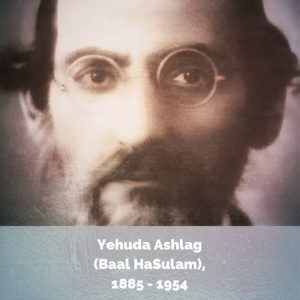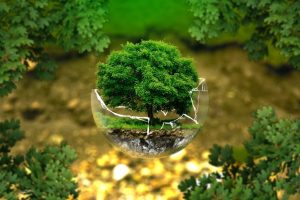 Michael Laitman, On Quora: “Can you love an evil person?“
Michael Laitman, On Quora: “Can you love an evil person?“
Yes, you can love people who perform even the most despicable of acts because within them is a point of a soul.
We have to understand that there is a difference between bodies and souls. People who do good or bad in the world have no souls.
A soul is called “a part of Divinity from above.” We are made of desires to enjoy, which are called “body,” and their base enjoyment is at a corporeal level where we aim to enjoy through pleasures for food, sex, family, money, honor, control and knowledge. Eventually within our desire to enjoy emerges a tiny point of a desire that stems from a higher spiritual degree, above corporeality.
Instead of wishing to enjoy for personal benefit alone, this tiny point of a desire is rooted in a world filled with the quality of nature itself: love and bestowal, beyond the limits of our corporeal desires. If we have such a desire, then we have a part of the soul, and if we feel no such desire to rise above our corporeal desires in a manner of love and bestowal upon others and nature, then we have no soul, not even its starting point.
We can liken this point of a desire to a seed that needs to be placed in the right conditions, such as fertile soil, with moisture, air and a certain amount of sunlight, for its development into a blossoming plant. In other words, we have to place this point of the soul into a protected place that is capable of developing it into a fully-grown soul, which can love, bestow and connect similarly to nature’s boundless quality of love and bestowal.
Kabbalists define this point of the soul as it emerges among our corporeal desires as “the point in the heart.” That is, the heart is our corporeal desires, where we feel transient pleasures and a temporary existence, and the point in the heart is the desire that is rooted in the soul, where we can feel complete harmony, peace and an eternal existence.
If we feel such a desire within us, a point that raises questions about the meaning of life, why we are here, who we are, what is reality, why there is so much suffering in the world, and other fundamental existential questions, then we can place such a desire under conditions that can develop it into its state as a soul. That is what the wisdom of Kabbalah teaches—how to develop the point in the heart, inflating it with various means up to a certain volume, and within such a volume, to grow a feeling of love, bestowal and positive connection to everyone and to nature itself. In such a state, we attain our soul.
Therefore, in relation to the soul’s development, we can add love, care and aim to give it whatever necessary in order for it to blossom into its eternal and whole state. However, in relation to the egoistic desires, there is no need to love any of them. Kabbalists call the ego, i.e., the desire to enjoy at the expense of others and nature, the “evil inclination,” and it is ultimately in a state of death. It is bound to be destroyed from its outset because it can feel no lasting pleasure and fulfillment according to its very nature.
Therefore, we can develop love not toward the egoistic part of us where all destruction and suffering are sourced, but in the part within every person called “human,” the point in the heart that can develop into a completely loving and bestowing intention that can bring life and light into the world.
The egoistic desires within us are opposite to nature’s altruistic and eternal form. They are thus not considered “human,” which is a word in Hebrew, “Adam,” that stems from the word for “similar” (“Domeh”), from the phrase, “Adameh le Elyon” (“similar to the most high”). In other words, a human being is one who develops their point in the heart in a manner that is similar to nature’s force of love and bestowal, and by doing so, we rise to the human level in similarity with nature where we discover the eternity and perfection of nature’s altruistic quality. In such a state, we can “love thy neighbor as thyself,” i.e., we discover the common force of love, bestowal and positive connection that is in our soul, and which connects our points in the hearts together into one soul.
No matter how evil any person is in their egoistic desires, it is possible to constantly aim at awakening the point in the heart—the part of Divinity from above—within every person, and try to direct its development above the egoistic desires in order to discover nature’s quality of love, bestowal and connection—the soul where we all connect equally in our common desire that is similar to nature’s.
[318095]

Based on “Ask the Kabbalist” with Kabbalist Dr. Michael Laitman on July 12, 2023. Written/edited by students of Kabbalist Dr. Michael Laitman.
Filed under: New Publications, Q&A, Quora - No Comments →
 Michael Laitman, On Quora: “Why is Kabbalah considered a hidden wisdom?“
Michael Laitman, On Quora: “Why is Kabbalah considered a hidden wisdom?“















